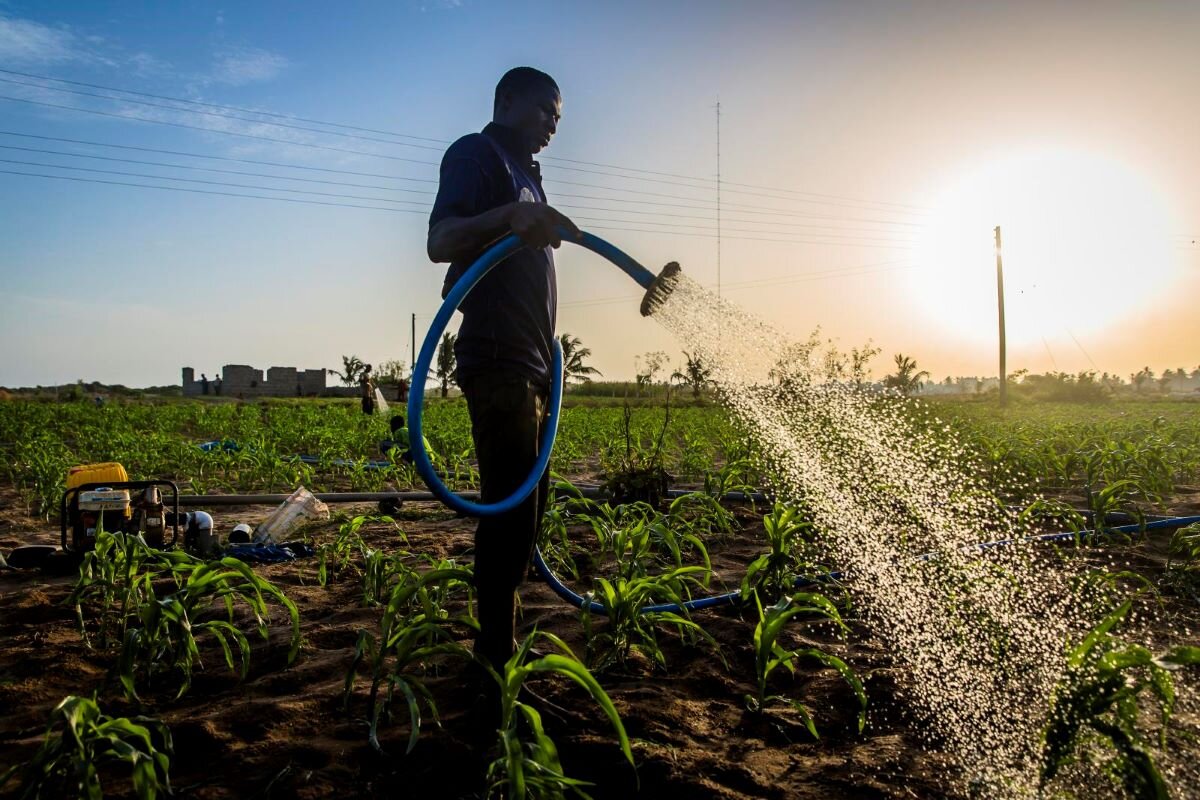For the first time since 2016, the UNFCCC COP will be hosted by an African country, Egypt, giving world leaders an opportunity to place centre stage the priorities of the continent likely to endure the worst impacts of climate, not least in its agriculture sector.
Traditionally, international climate change processes and fora – such as the UNFCCC Conference of the Parties (COP) – have given considerably less attention to adaptation than to mitigation, and substantially less consideration to food systems, agriculture and land-use change than, for example, the energy transition. This must change if these processes are to be relevant to the needs of African and other vulnerable and low- and middle-income countries (LMICs) and to adequately address the challenges of adaptation to the climate crisis.
“When we talk about innovation, we’re talking about the need for us to be able to innovate on behalf of all farmers, everywhere in the world, large or small.” – Thomas J. Vilsack, US Secretary of Agriculture
At COP26, the United States and United Arab Emirates jointly launched the Agricultural Innovation Mission for Climate (AIM4C). The initiative, that has already mobilised $4 billion USD, aims to create a “quantum leap in agricultural innovation” to reduce agriculture’s impact on the climate. AIM4C also aims to help the sector adapt to climate impacts on agricultural and food systems – impacts that many farmers around the world are already experiencing.
To achieve this, AIM4C needs to focus on how innovation can help farmers and agricultural sectors that are set to experience the worst impact of climate change: those in Africa. That means engaging African governments and farmers’ organisations, ensuring sufficient support is targeted to agricultural adaptation in Africa and that research addresses the needs and constraints of smallholders.
This briefing outlines how AIM4C can make the most of this opportunity by using the AIM4C Ministerial on the 21st of February to agree to:
- Review its membership and make plans for expanding to include more African governments, regional organisations, and non-governmental members including farmers organisations.
- Select and promote innovation sprints that prioritise breakthrough innovations that radically advance the climate resilience of agricultural systems, particularly those of African smallholder farmers. Selected topics should demonstrate best practice and strong engagement with farmers, local communities and, where relevant, Indigenous Peoples in developing research.
- Ensure that measurements of impact provide sufficient focus on utilisation of innovation by farmers, particularly the most vulnerable.
- Instigate strong mechanisms for lesson learning and sharing that promotes equal knowledge exchange between members.
- Increase transparency around the contributions made by members and its plans for allocating those resources.
Download the briefing in full here.
This briefing was co-authored by Claire Hickson of Trio Policy. Trio Policy works with international organisations in the public, private and voluntary sectors to develop strategies to create and respond to change, specialising in international development, human rights, foreign policy, sustainability and corporate social responsibility.


